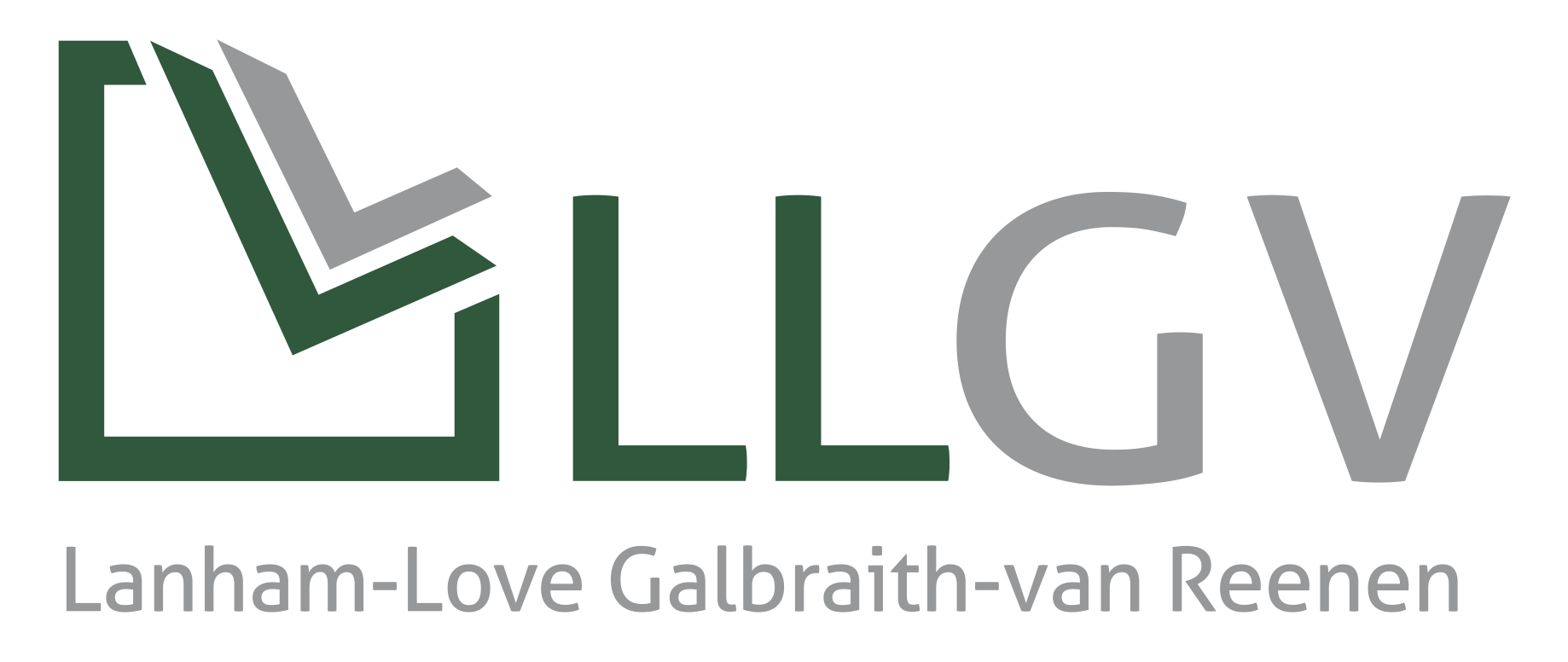In Albaraka Bank Ltd v Halaal Royal Snacks (Pty) Ltd, the court emphasized that, “there is nothing intrinsically wrong, unlawful or contrary to public policy in banking transactions being entered into according to the Sharia law[/Islamic Law].”[1] The court went on to point out that, “banking transactions according to Sharia law is a rapidly growing field of banking law”[2]. Many leading banks in South Africa have adopted “Islamic Banking”, including ABSA Bank Ltd, Standard Bank of South Africa, First Rand Bank and al’Baraka Bank Ltd. This is indicative of the fact that Sharia law compliant banking transactions are indeed growing in South Africa.
Sharia compliant financing agreements have somewhat been codified in the Income Tax Act 58 of 1962 (“the Act”). A Sharia agreement can be defined as an agreement that is “open for participation by members of the general public and presented as compliant with Sharia law when members of the general public are invited to participate”.[3]
Sharia law is a legal system which is derived primarily from the Quran and the Sunnah (examples of the practices of Prophet Mohammed).[4] In terms of Sharia law, conduct is either permitted (halaal) or strictly prohibited (haram).[5] Although these two ideals apply to the Islamic way of life in general, the following concepts apply to financial practice specifically. Sharia financial practice is based on the following principles:
- The prohibition of gharar (which requires the removal of asymmetrical information from contracts and the encouragement of full disclosure);[6]
- The prohibition of maysir (gambling);
- The prohibition of unjustified enrichment;
- The prohibition of riba (charging interest);
- Risk-sharing in relation to profits and losses; and
- Materiality (financial transactions must be linked to real economic transactions).[7]
At face value, the ideas contained in Sharia law raise a question that may concern many potential investors: “how would lenders be able to yield positive returns from the capital amounts that they advanced, without contravening Sharia law?”[8] This question is directly linked to the Islamic position that no interest may be charged with regard to any financial transactions. The Act provides for four types of Sharia compliant financing arrangements that may serve as a replacement for the prohibitions against riba based financing.[9] Most of these types of Sharia compliant arrangements are based on the Profit and Loss sharing principle. This principle stresses that “the lender must share in the profits and losses arising out of the project for which the money was lent”.[10]
The two most prevalent forms of Sharia compliant arrangements, based on the Profit and Loss sharing principle, is that of Mudaraba and Murabaha. The first of which is defined as follows by the Act:
“Mudaraba means a Sharia arrangement between a bank and a client of that bank whereby-
- Funds are deposited with the bank by the client;
- The anticipated return in respect of the sharia arrangement is dependent on the amount deposited by the client in combination with the duration of the period for which the funds are deposited;
- The bank invests the funds deposited by the client in other sharia arrangements [for example: Murabaha];
- The client bears the risk of loss in respect of the sharia arrangement contemplated in paragraph (c); and
- The return in respect of the sharia arrangements contemplated in paragraph (c) is divided between the client and the bank as agreed at the time that the client deposits the funds with the bank”.[11]
Mudaraba can be compared to a partnership arrangement, while the return is roughly comparable to interest on the funds deposited.[12] It is important to note that where any amount received by or accrued to a client in terms of a Mudaraba is deemed to be interest as contemplated in the Act, nevertheless is still accepted as compliant with Sharia law.[13]
The second form of Sharia compliant arrangement is defined as follows by the Act:
“Murabaha means a Sharia arrangement between a financier and a client of that financier, one of which is a bank or a listed company, whereby-
- The financier will acquire an asset from a third party (the seller) for the benefit of the client on such terms and conditions as are agreed upon between the client and the seller;
- The client-
- Will acquire the asset from the financier within 180 days after the acquisition of the asset by the financier contemplated in paragraph (a); and
- ii) agrees to pay the financier a total amount that-
- aa) exceeds the amount payable by the financier to the seller as consideration to acquire the asset;
- bb) is calculated with reference to the consideration payable by the financier to the seller in combination with the duration of the sharia arrangement; and
- cc) may not exceed the amount agreed upon between the financier and the client when the sharia arrangement is entered into; and
- No amount is received by or accrues to the financier in respect of that asset other than an amount contemplated in paragraph (b)(ii)”.[14]
In terms of this arrangement, the client is deemed to have acquired the asset from the seller.[15] Murabaha fulfills a similar role as short term asset financing in Western financing.[16] It is important to note that the markup added by the financier is treated as interest (premium payable or receivable) in terms of the Act.[17]
It is clear that Sharia law in general differs from the law of the Republic, a discussion of which falls outside of the scope of this article. When it comes to Sharia financing and the law of the Republic, these laws are not irreconcilable. Through the codification of Sharia compliant financing arrangements, South Africa has taken positive steps to recognize Sharia law and making it more accessible when investing within the Republic. Lanham-Love Attorneys is fully equipped to handle any Sharia compliant financing arrangements, providing guidance on the best investment opportunities and making use of the most profitable, relevant and up to date strategies in the banking world.
[1] 08499/2010 2012 (GJ) par 4.
[2] 08499/2010 2012 (GJ) par 4.
[3] Section 24JA of the Income Tax Act 58 of 1962.
[4] Tuba MD ” Lodhi 5 Properties Investments CC v FirstRand Bank Limited [2015] 3 All SA 32 (SCA) and the Enforcement of Islamic Banking Law in South Africa” PER / PELJ 2017(20) – DOI http://dx.doi.org/10.17159/1727- 3781/2017/v20i0a1308
[5] Fn 4 above.
[6] AP de Koker “Silke on South African Income Tax” Chapter 17: Special Provisions (Updated March 2019).
[7] AP de Koker “Silke on South African Income Tax” Chapter 17: Special Provisions (Updated March 2019); Fn 4 above.
[8] Fn 4 above.
[9] Fn 4 Above; AP de Koker “Silke on South African Income Tax” Chapter 16: Investing and Funding Instruments (Updated 2019)
[10] Fn 4 above.
[11] Section 24JA(1) of the Income Tax Act 58 of 1962.
[12] AP de Koker “Silke on South African Income Tax” Chapter 16: Investing and Funding Instruments (Updated 2019)
[13] Section 24JA(2) of the Income Tax Act 58 of 1962; The Law of South Africa, second edition, Volume 22 Part 1: Revenue.
[14] Section 24JA(1) of the Income Tax Act 58 of 1962.
[15] Section 24JA(1)(3)(a) of the Income Tax Act 58 of 1962.
[16] AP de Koker “Silke on South African Income Tax” Chapter 16: Investing and Funding Instruments (Updated 2019)
[17] Section 24JA(3))(d) of the Income Tax Act 58 of 1962.

